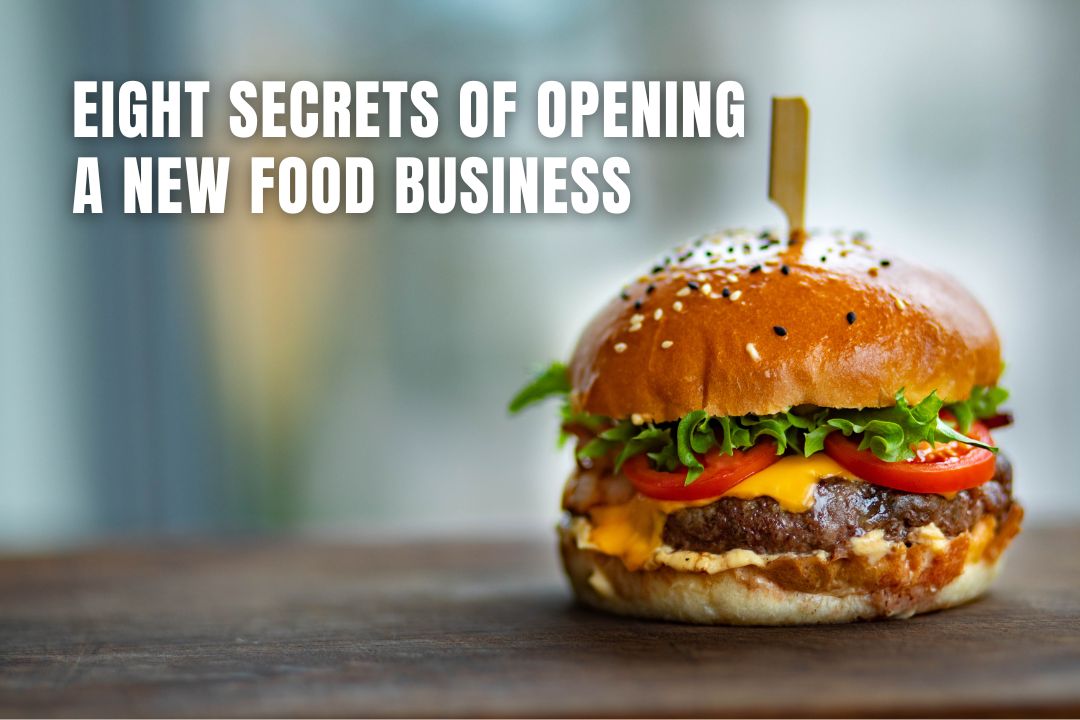
The food industry is a tantalising world of flavours, aromas, and culinary creativity that has the potential to turn your passion for food into a thriving business. While it's an exciting journey, opening a new food business requires careful planning, dedication, and a clear strategy for success. In this article, we'll unveil some of the secrets to launching a successful food venture, whether it's a restaurant, food truck, bakery, or any other culinary endeavour.
The first secret to success in the food industry is to start with a well-thought-out business plan. Your plan should include details about your concept, target audience, location, pricing strategy, marketing plan, and financial projections. A strong business plan not only guides your decision-making but also attracts potential investors or lenders.
In a competitive industry like food, having a clear USP is crucial. What sets your food business apart from the rest? It could be a unique menu item, a special cooking technique, a commitment to using locally sourced ingredients, or exceptional customer service. Identifying and emphasising your USP helps you to stand out and build a loyal customer base.
The old adage ‘location, location, location’ holds true in the food industry. Choose a location that aligns with your target audience and concept. Consider factors like foot traffic, proximity to competitors, parking availability, and visibility. A prime location can significantly impact your business's success.
Your menu is the heart of your food business. Craft a menu that's not only delicious but also diverse and well-balanced. Offer options for different dietary preferences, including vegetarian, vegan, gluten-free, and more. Ensure that your menu items are both appealing and profitable.
Consistency is key to building a loyal customer base. Use high-quality ingredients and maintain consistency in flavour, portion sizes, and presentation. Create a partnership with a reliable food products supplier so you always have the ingredients you need on hand. Your customers should know what to expect every time they dine at your establishment.
Exceptional customer service can make or break a food business. Train your staff to be friendly, attentive, and knowledgeable about the menu. Respond to customer feedback and reviews, both positive and negative, and use them as opportunities to improve.
The food industry is constantly evolving, with new trends and consumer preferences emerging regularly. Stay updated on industry trends and be willing to adapt your menu and business practices accordingly. This flexibility can keep your food business relevant and appealing.
In today's environmentally conscious world, incorporating sustainable practices into your food business can attract eco-conscious customers. Consider sourcing locally, reducing waste, and using eco-friendly packaging. Sustainability can also be a compelling part of your brand's story.
Opening a new food business is an exciting adventure, but it requires careful planning and a commitment to excellence. By starting with a solid business plan, defining your unique selling proposition, and focusing on quality, customer service, and adaptability, you can unlock the secrets to success in the competitive world of food entrepreneurship. Remember that persistence, dedication, and a passion for food are your best allies as you embark on this delicious journey.